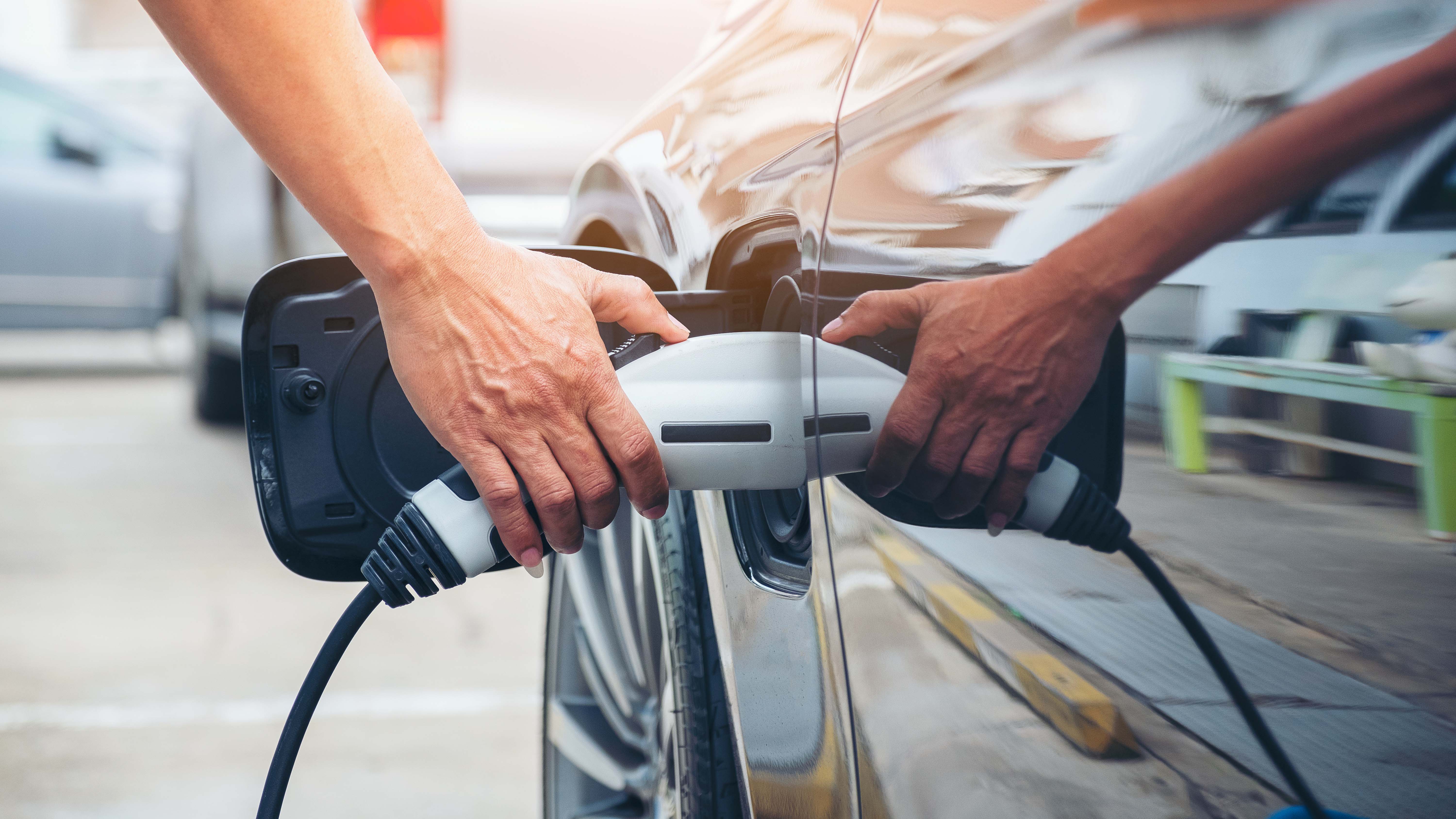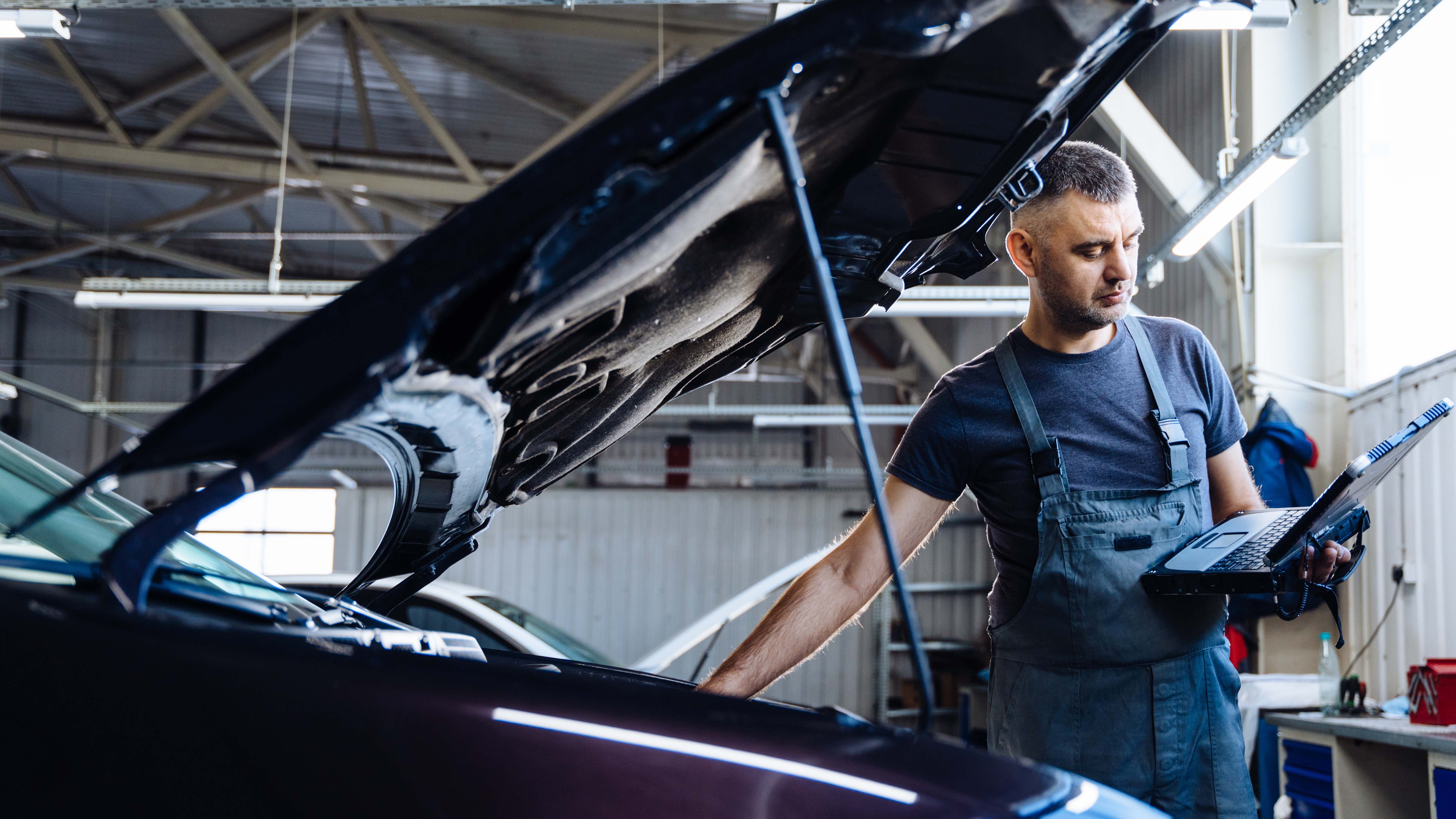Electric Vehicles (EVs) are becoming more popular in the UK. In May 2024, almost 18% of new car registrations were electric cars. If you’re thinking about switching to an EV, you’ll be wondering how the costs compare to a petrol or diesel car. In this article, motoring journalist Mark Smyth explains why having an EV can be an economical choice.
The UK government’s new ZEV Mandate means car manufacturers need to sell a minimum amount of EVs every year. By the end of 2024, 22% of all new cars sold must be electric vehicles. This is set to rise to 80% by 2030. This means there will be big changes in the new car market as the price of traditional petrol and diesel cars is increasing as their supply reduces.
The UK has more than one million electric cars on its roads today, The UK has more than one million electric cars on its roads today, with more models than ever to choose from. The number of EVs available offered on the Motability Scheme has also grown. There are more than 50 different EV models to choose from. You can see which models these are by using the Find a vehicle tool. If you’re thinking about leasing an EV, it’s helpful to know some of the cost benefits to making the switch.
With the Motability Scheme, you can exchange part or all of your mobility allowance to lease a brand-new car. For more expensive models, you can make a one-off Advance Payment on top of your allowance. This is the difference between your allowance payments and the cost of the EV over three years.
Find out more about how you pay and what it costs.
Included in your full lease package with the Motability Scheme, you could also get a home chargepoint and a standard installation when you lease an electric vehicle.
This depends on a few things, like if you have suitable off-street parking like a driveway or garage, and permission from the homeowner. Once your application is approved, the Scheme’s home chargepoint partner Ohme will get in touch to arrange your installation.
If you need a non-standard home chargepoint installation, you will need to pay towards the installation costs. This is to cover the cost if more work is needed. This could be if your parking space is not next to your home or if any electrical equipment needs upgrading.
EVs can be cheaper to run
Research shows switching to an EV means you can spend around £10,000 less in lifetime running costs compared to a traditional car. The price of charging and servicing were found to be the main reasons for the reduced cost of EVs.
Costs for charging your EV at home
One of the main ways an EV can be cheaper to run is if you can charge it at home. According to the RAC, a driver can pay up to £17.28 to fully charge an electric car with a 64kWh battery at home. This works out to be as little as 7p per mile. The same study shows petrol and diesel cars cost around 17 to 18p per mile, which shows it can be cheaper to charge an EV than fill a car with fuel.
Some energy providers also offer lower overnight prices to bring down charging costs even further. Off-peak pricing tariffs are cheaper at times when there is less demand for electricity. This means you can charge your EV while you’re sleeping at a lower cost than during the day. This is also known as smart charging.
Costs for charging your EV on the go
As part of the Motability Scheme’s all-inclusive lease package, anyone who leases an electric car will get access to the Motability Go Charge app and card. There are no monthly subscription fees to use it and means you will never pay more than the chargepoint’s ‘pay as you go’ tariff.
If you cannot get a home chargepoint and are leasing an electric car on the Scheme, you’ll be eligible for a subscription to the bp pulse network. Some public chargepoints are free and some will offer you better charging rates.
If you’re using one of the UK’s 60,000 public charging stations, it’s worth doing your research to find the cheapest options. The cost can vary depending on charging times. Fast charging stations can cost 15p per mile rising to 24p per mile for ultra-rapid charging stations. EV charging apps such as the Motability Go Charge can help you compare prices at charging stations ahead of time to plan your perfect route.
While EVs are economical to run, there are ways to use some of the features in the car to make them even more efficient. Here are a few things you can do to help your car perform at its best and increase your EV range:
Choose eco mode
Many EVs will have a range of driving modes. Eco mode is often the most efficient choice and can extend how far you can drive before you need to recharge. The eco mode uses less power to run the air conditioning and also reduces acceleration. This means the car will speed up more slowly, but you can drive further.
Use cruise control
If you’re driving on a long flat road, turn on cruise control to set your speed. This will give you a constant driving speed and can stop the small accelerations you can make without realising it. This can save on battery use in the same way as it would save on fuel in a petrol or diesel car. Turn cruise control off on hilly roads as it will use more energy.
Slow your speed
Faster speeds will mean more energy is needed to overcome air resistance (drag) to move your car. Drag increases as your speed increases just like a petrol or diesel car. So, the faster you go in your EV, the heavier the use of your battery.
Use regenerative braking
Electric vehicles have a technology feature called regenerative braking that helps to make them more efficient than diesel or petrol cars. When you lift the foot off the accelerator, the brakes convert movement (kinetic) energy back into electricity to recharge the battery. This feature can increase the driving range of an EV, especially when driving in the city. Most electric models allow you to select how strong you want the regenerative braking to be. Regenerative braking can recover 10% of the battery energy.
Keep your tyres inflated
It’s important to keep your tyres inflated to get the best range in your electric car. You can find the recommended pressure in your car’s handbook. Under-inflated tyres increase ‘rolling resistance’. This means that more energy is needed to push your car along. This can reduce your range by four percent.
Tyre repairs
As a part of your full lease package with the Motability Scheme, you’ll get your tyres repaired or replaced by Scheme partner, Kwik Fit.
The easiest way to get in touch about a tyre repair is through your Motability Scheme online account under the ‘Tyres’ section.
According to Pod Point, EVs cost less to service and maintain than petrol and diesel cars. Data shows the average cost for a full service of an EV is £143.23, 18% less than a traditional combustion car. The main reasons why EV maintenance costs are cheaper are:
- EVs have much fewer moving parts than traditional cars, so there are fewer opportunities for parts to break
- Simple diagnostic tests provide information on any electrical faults and reduce overall testing time
- Servicing an EV almost always requires fewer parts and less labour than a traditional car
There are still some parts of an EV that need maintaining like traditional cars, such as tyres and brakes. Maintenance costs for these parts are expected to be the same as petrol and diesel cars. Some parts, like the battery, are unique to EVs. Research shows the majority of EV batteries will outlast the vehicle and will not need to be replaced.
While this is all good to know, all EV servicing and maintenance costs are covered when you join the Motability Scheme. The all-inclusive lease package is a great value for money. This can all be managed through your online account. So, you get complete peace of mind as well as a brand-new car.
Find out more about why EVs need less maintenance than petrol or diesel cars.
There are many cost benefits to making the transition to an electric car. By following these tips, you can lower your car’s running costs and keep the extra money to spend on something else.
Find an electric car with the Motability Scheme
You can see the full range of electric vehicles (EVs) available on the Motability Scheme, simply tick the ‘Electric’ box under ‘Fuel Type’ in our Find a vehicle tool.
Request a free information pack to learn more about the Scheme.
Related articles
8 ways EVs make driving better
EVs are really safe and this is why
How to plan a long trip with an electric vehicle
![]()










